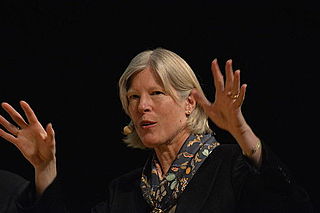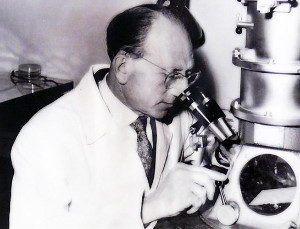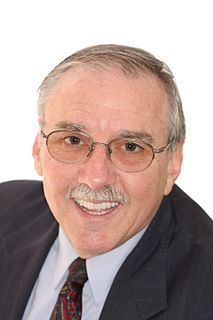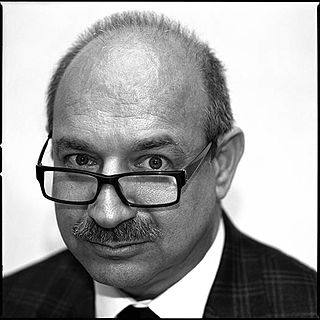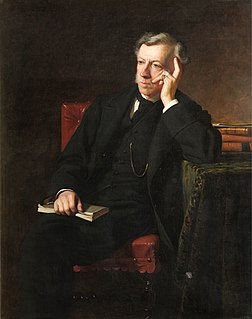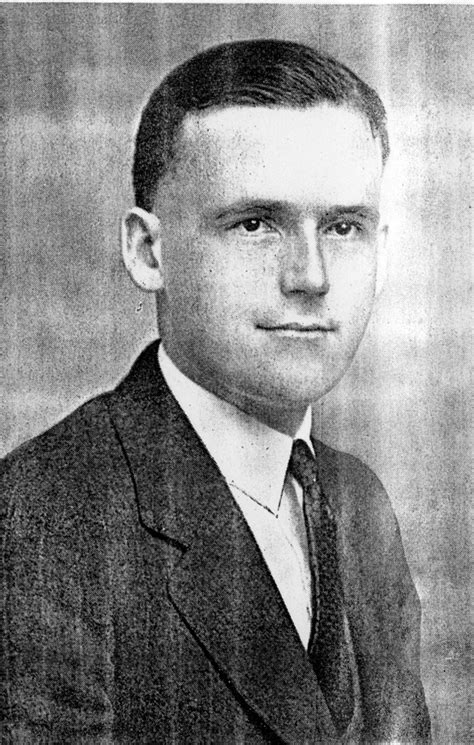A Quote by Cynthia Kenyon
You would think that UV just causes mutations, but it doesn't, you need a gene to be active for it.
Related Quotes
There's already a lot of active research going on using the Crispr technology to fix diseases like Duchenne muscular dystrophy or cystic fibrosis or Huntington's disease. They're all diseases that have known genetic causes, and we now have the technology that can repair those mutations to provide, we hope, patients with a normal life.
We add that it would be all too easy to object that mutations have no evolutionary effect because they are eliminated by natural selection. Lethal mutations (the worst kind) are effectively eliminated, but others persist as alleles. ...Mutants are present within every population, from bacteria to man. There can be no doubt about it. But for the evolutionist, the essential lies elsewhere: in the fact that mutations do not coincide with evolution.
Fundamentalism in most of its forms is the active creation of antibodies to some threatening [god] virus. As long as threatening religions or mutations [heresies] are present, fundamentalism will churn out antibodies to keep the population under control and prevent mutations from getting out of hand.
